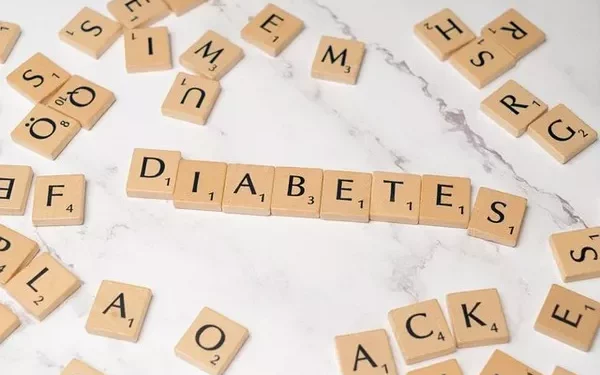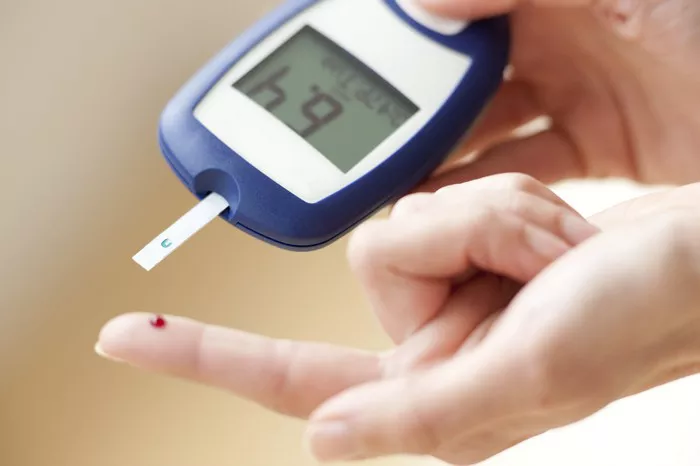Orlando, Fla. — A new international consensus statement provides crucial guidance for primary care and endocrinology providers on monitoring individuals at high risk for type 1 diabetes (T1D).
The document addresses the care of both children and adults who have tested positive for one or more T1D-associated islet autoantibodies. These individuals are categorized as:
- At risk or Stage 0: Single autoantibody or transient single autoantibody.
- Stage 1: Two or more autoantibodies with normoglycemia.
- Stage 2: Two or more autoantibodies with dysglycemia but without symptoms and not yet meeting diagnostic criteria for Stage 3 clinical T1D.
Development and Presentation
The guidance was developed by Breakthrough T1D (formerly JDRF) in collaboration with various prestigious organizations, including Advanced Technologies & Treatments for Diabetes, the American Diabetes Association, and the International Society for Pediatric and Adolescent Diabetes (ISPAD). Authored by 60 experts from 11 countries, it was presented at the American Diabetes Association’s annual Scientific Sessions and published in Diabetes Care and Diabetologia.
“This guidance addresses the care needed for those who have been identified with positive autoantibodies and require clinical support,” said Anastasia Albanese-O’Neill, PhD, APRN, CDCES, of Breakthrough T1D.
New ICD-10 Codes for Early-Stage T1D
Starting October 1, 2024, new ICD-10 codes will be available for early-stage T1D under subcategory E10-A:
- E10-A0: Unspecified presymptomatic T1D
- E10-A1: Stage 1
- E10.A2: Stage 2
Guidance Highlights
The document includes several key recommendations:
- Partnership between primary care providers and endocrinologists for the care of T1D autoantibody–positive individuals.
- Confirmation of positive autoantibody results with a second sample.
- Periodic medical monitoring for early-stage T1D, including glucose testing, education about diabetes and DKA symptoms, and psychosocial support.
- Offer of trial participation or approved therapies for Stage 2 T1D, such as teplizumab (Tzield; Provention Bio).
- Education and psychosocial support for individuals and their families.
Expert Opinions
Neil Skolnik, MD, of Thomas Jefferson University, emphasized the importance of monitoring in preclinical T1D to reduce the likelihood of developing diabetic ketoacidosis (DKA) and identify candidates for new therapies. “This document provides clear and helpful guidance on following people with autoantibody positivity,” he noted.
Sufyan Hussain, MRCP, PhD, of King’s College London, highlighted the consensus guidance as a significant step forward, emphasizing a multidisciplinary approach and the inclusion of primary care and psychosocial support.
Future Directions
Breakthrough T1D plans to launch a public education campaign to encourage discussions about T1D screening with clinicians. The new guidance aims to fill the gap in care for those who test positive for T1D autoantibodies and ensure appropriate clinical responses.

























